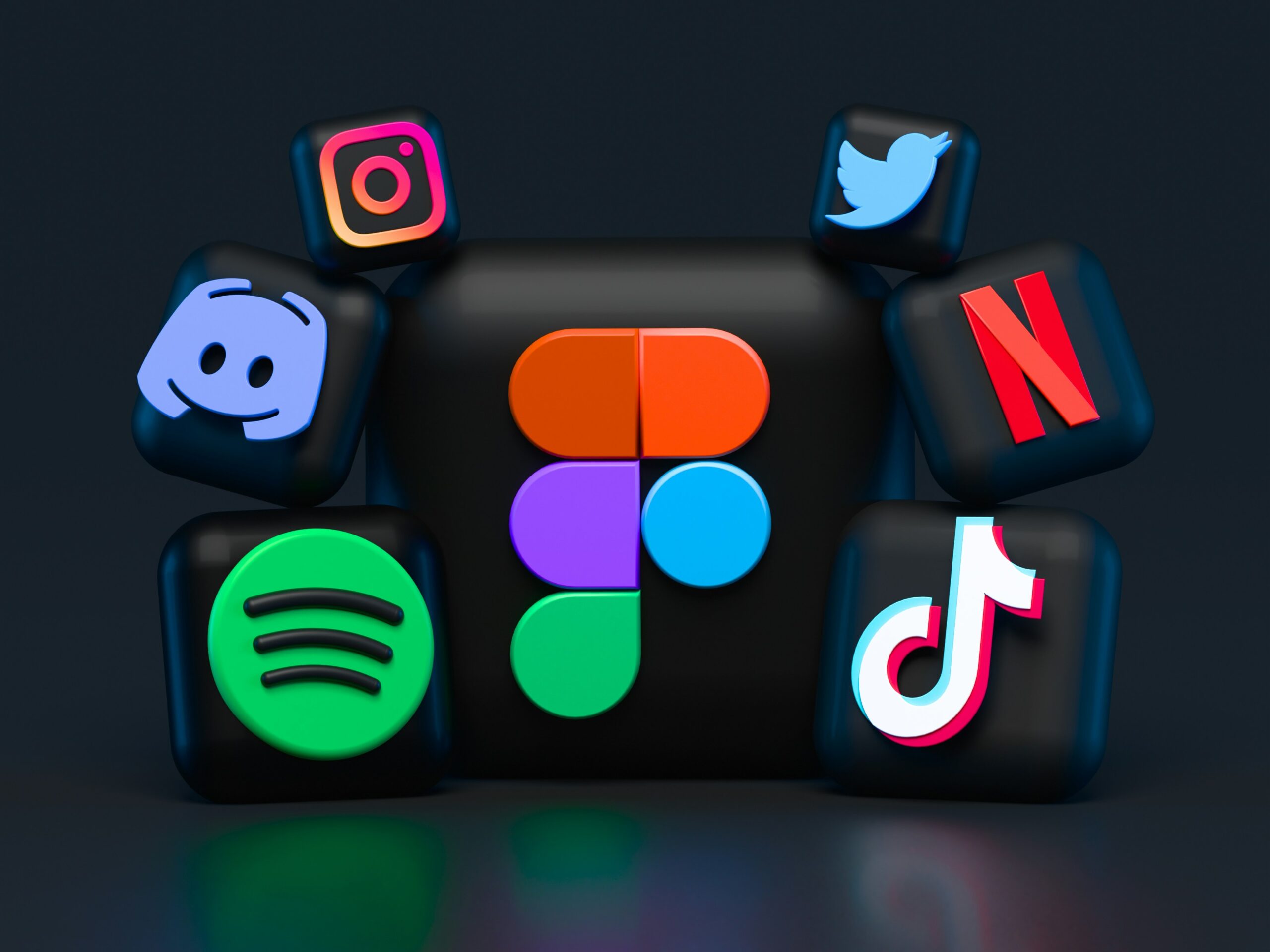Europeans browsing their phones and PCs now have additional options for default browsers and search engines, where to get iPhone apps, and how their personal online data is utilized.
They are part of the reforms required under the Digital Markets Act, a set of European Union regulations that six major companies classified as “gatekeepers” Amazon, Apple, Google parent Alphabet, Meta, Microsoft, and TikTok owner Byte Dance must begin implementing by midnight Wednesday.
The DMA is the most recent in a series of laws implemented by Europe, a global pioneer in limiting the power of giant internet corporations. Tech behemoths have responded often unwillingly by modifying some of their long-held business practices, such as Apple allowing users to install smartphone apps outside of the App Store.
The new guidelines have broad but ambiguous aims of making digital marketplaces “fairer” and “more contestable.” They are kicking in as global efforts to crack down on the IT industry accelerate.
Here’s how the Digital Markets Act will work:
How Will Internet Searches Change?
Some Google search results will show up differently, because the DMA bans companies from giving preference to their own services.
So, for example, searches for hotels will now display an extra “carousel” of booking sites such as Expedia. Meanwhile, the Google Flights button on the search result display will be removed and the site will be listed among the blue links on search result pages.
Users also will have options to stop being profiled for targeted advertising based on their online activity.
Google customers will now be able to opt out of having their data shared across the company’s services in order to better target them with adverts.
Meta now allows users to segregate their Facebook and Instagram accounts so that their personal information cannot be used for ad targeting.
The DMA also needs messaging systems to be compatible with one another. Meta, which owns the only two chat applications subject to the restrictions, is scheduled to submit a proposal for how Facebook Messenger and WhatsApp users can communicate text messages, videos, and photos.
Which Companies Will Follow the Rules?
The DMA plans to target 22 services, including operating systems, chat applications, and social media networks.
They include Google services like Maps, YouTube, the Chrome browser, and the Android operating system, as well as Amazon’s Marketplace, Apple’s Safari Browser, and iOS.
Meta’s Facebook, Instagram, and WhatsApp are all covered, as are Microsoft’s Windows and LinkedIn.
The corporations face the danger of substantial fines of up to 20% of their annual global turnover for repeated infractions, which may amount to billions of dollars, or possibly the dissolution of their company for “systematic infringements.”
What Effect Will the Rules Have Globally?
The Digital Markets Act represents a new milestone for the European Union, which has long been a global trendsetter in regulating the internet industry.
The group has already fined Google heavily in antitrust lawsuits, imposed strict restrictions to clean up social media, and is implementing world-first artificial intelligence standards.
Japan, Britain, Mexico, South Korea, Australia, Brazil, and India are all developing their own DMA-style laws to prevent IT corporations from dominating digital marketplaces.
“We’re seeing copycats around the world already,” said Bill Echikson, senior fellow at the Center for European Policy Analysis, a Washington-based think tank. The DMA “will become the de facto standard” for digital regulation in the democratic world, he said.
Officials will be looking to Brussels for guidance, said Zach Meyers, assistant director at the Center for European Reform, a think tank in London.
“If it works, many Western countries will probably try to follow the DMA to avoid fragmentation and the risk of taking a different approach that fails”.
How Will Downloading Apps Change?
In one of the most significant changes, Apple has announced that European iPhone owners will be able to download programs from sources other than the App Store, which is pre-installed on their handsets.
The firm has long opposed such a shift, with a significant portion of its revenue coming from the 30% fee it charges for purchases made through iOS apps, such as Disney+ subscriptions. Apple has warned that “sideloading” software would result in increased security concerns.
Apple is now reducing the costs it charges app developers in Europe who want to use the company’s payment system. However, it’s introducing a 50-euro cent cost for each iOS software installed through third-party app stores, which critics fear would prevent the numerous existing free applications whose makers don’t pay any fee from jumping ship.



